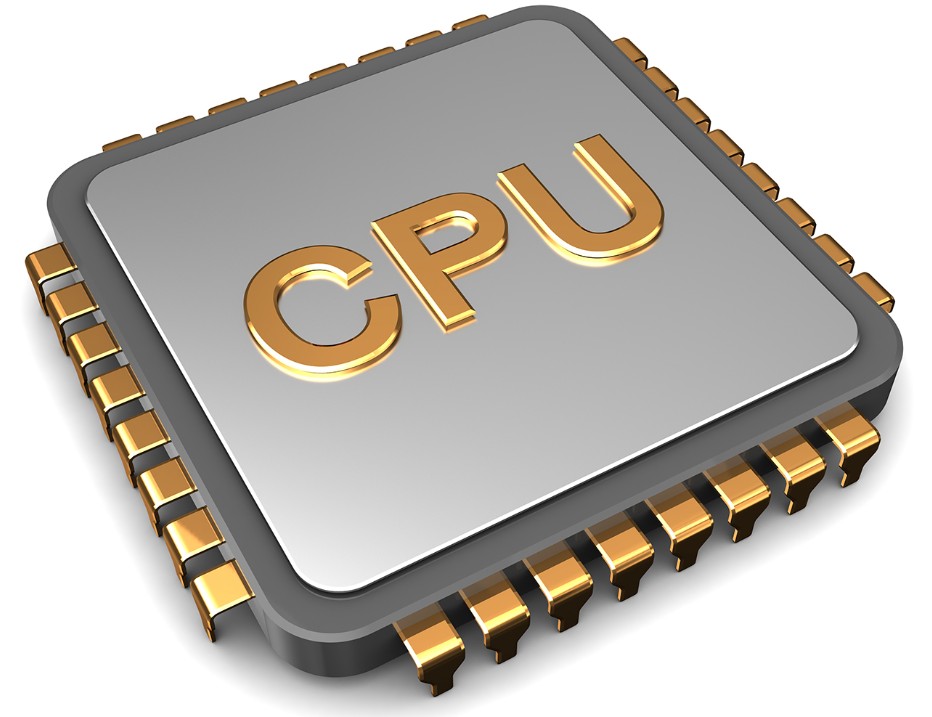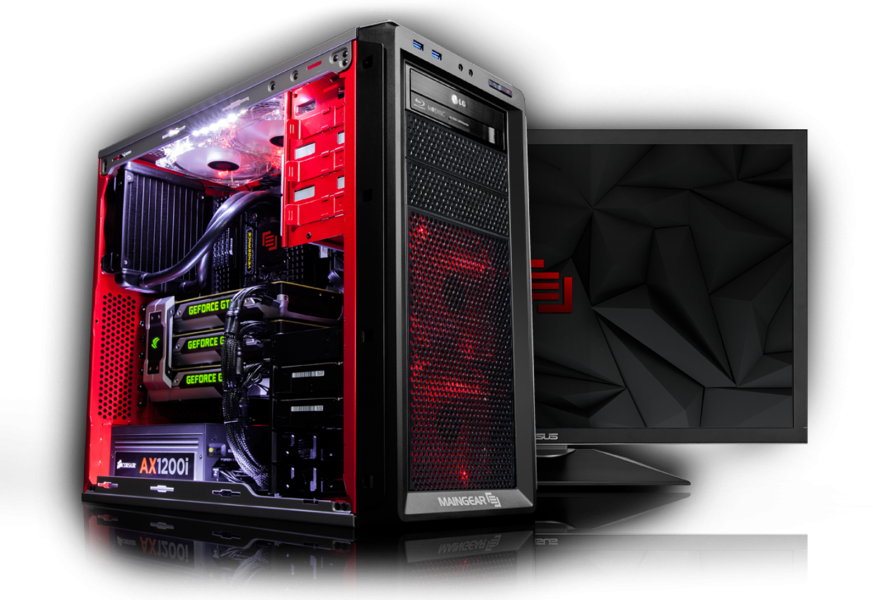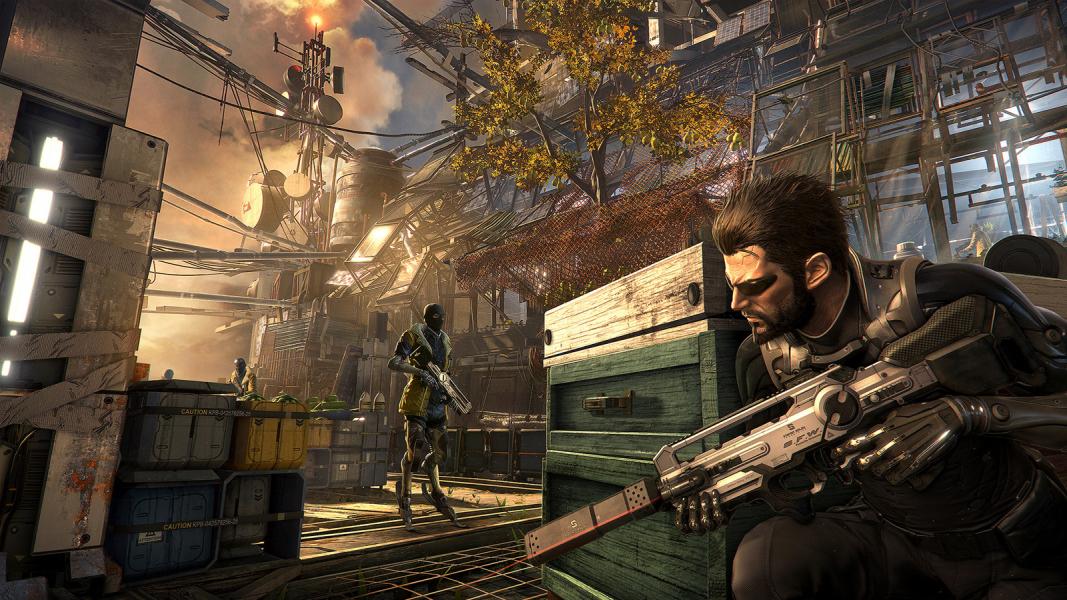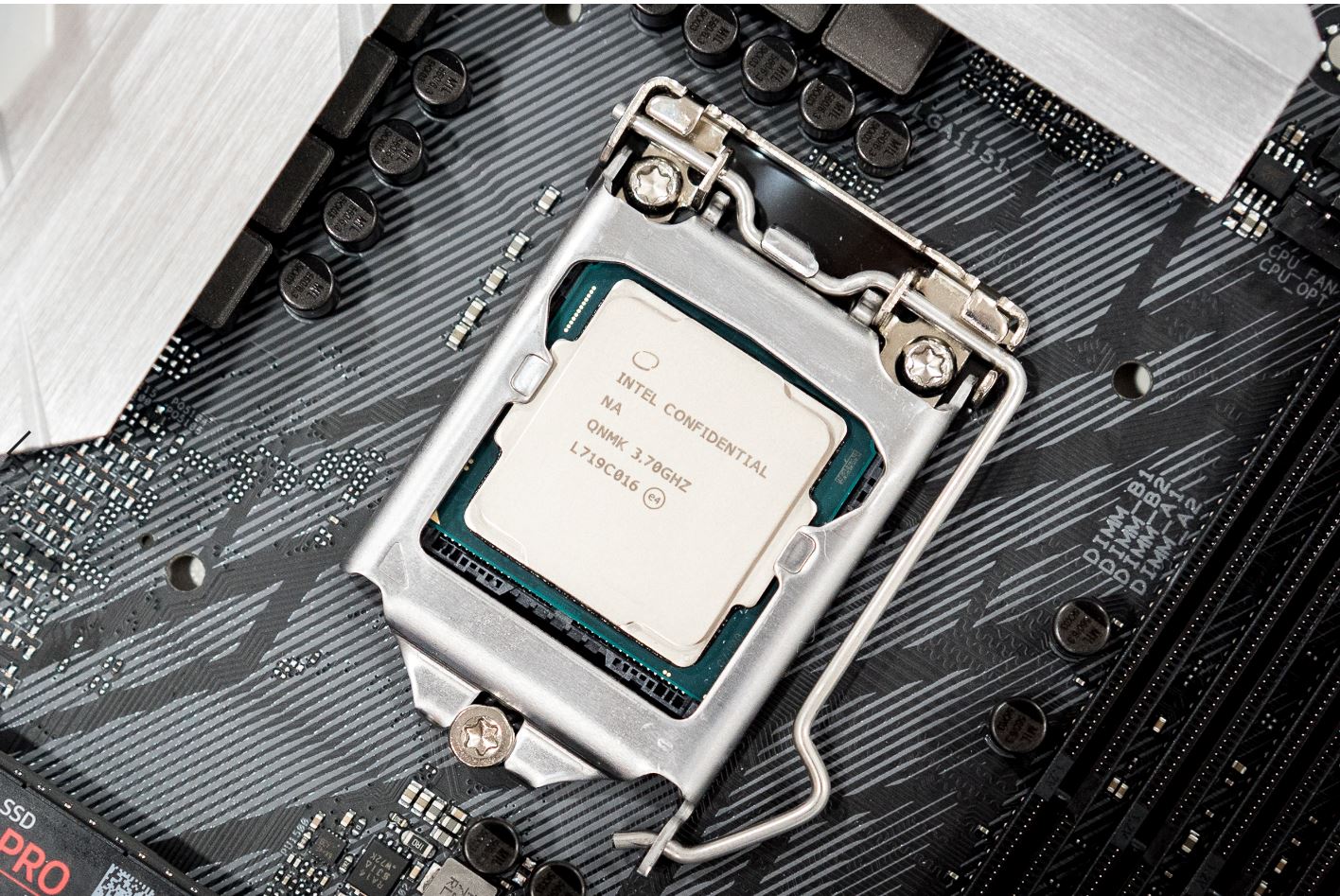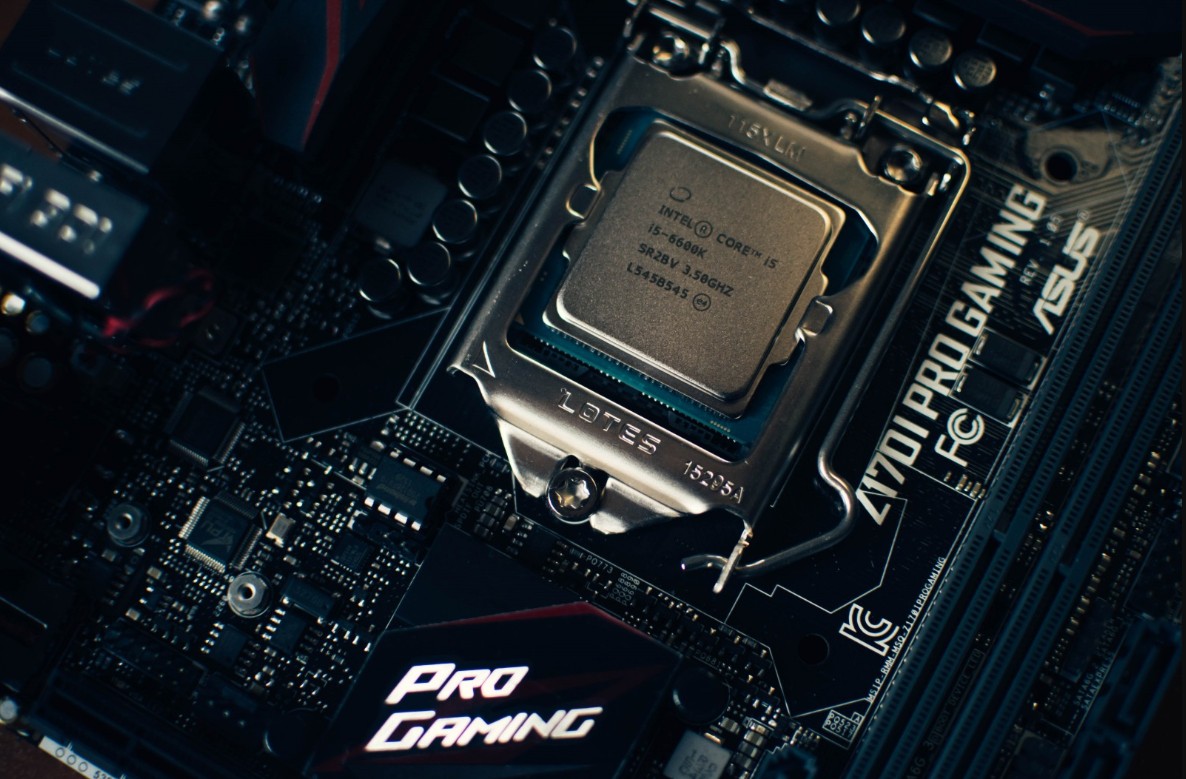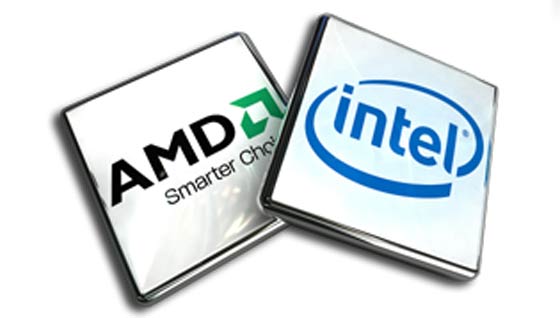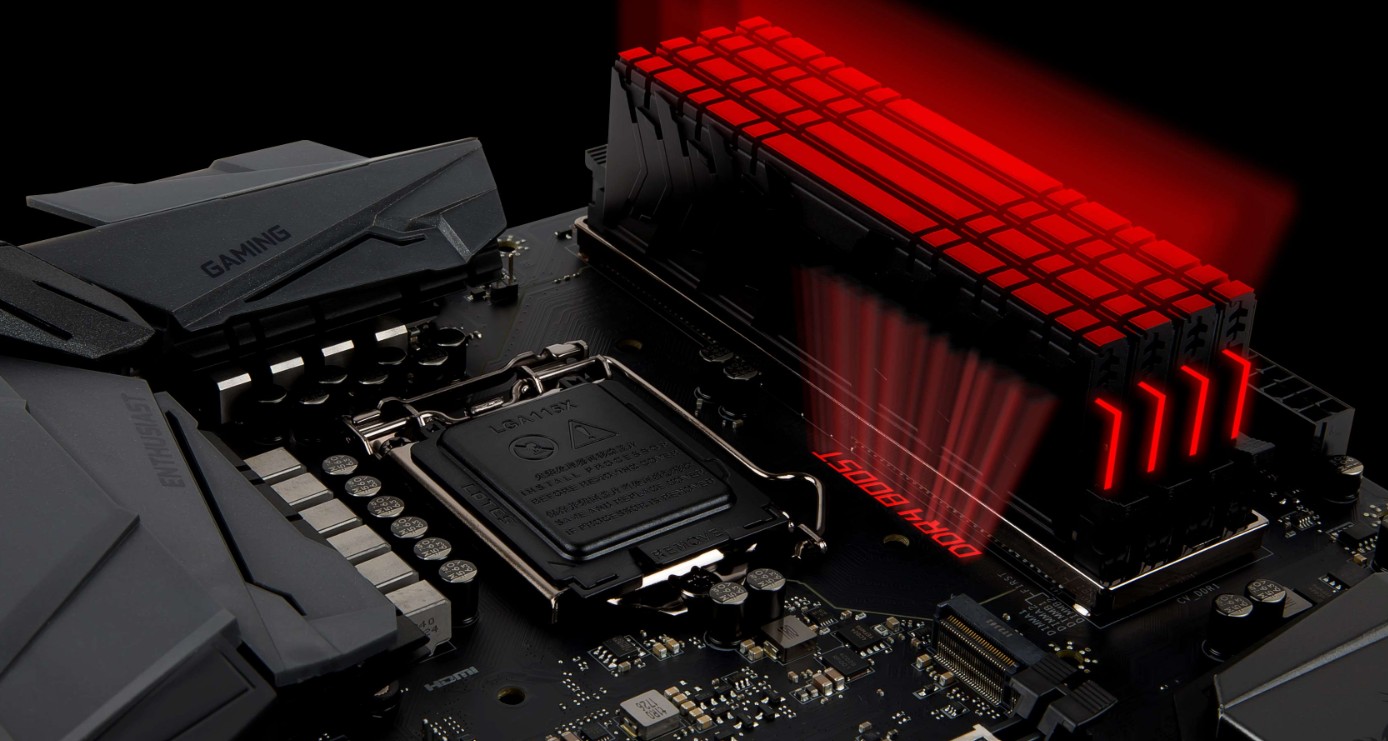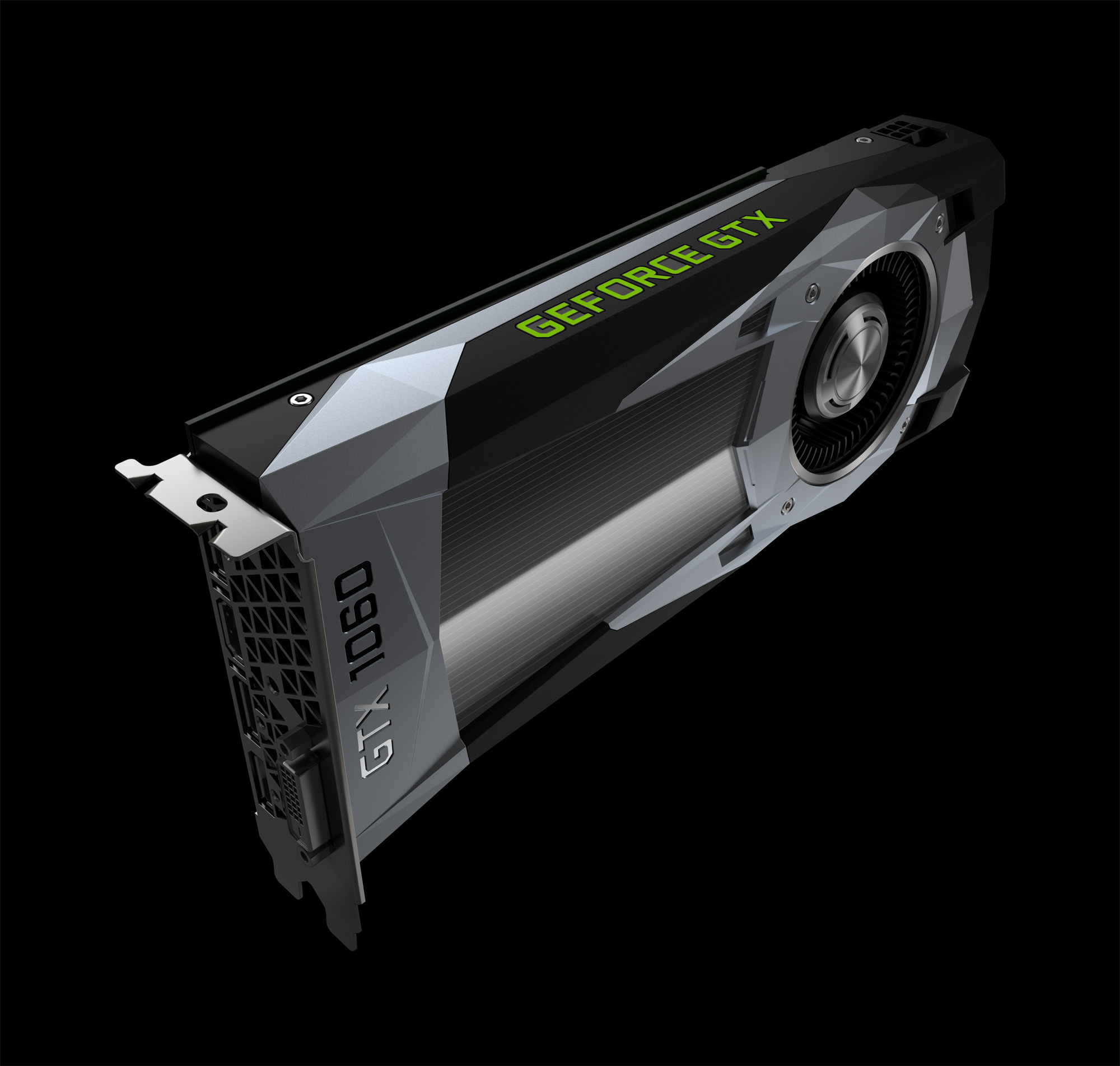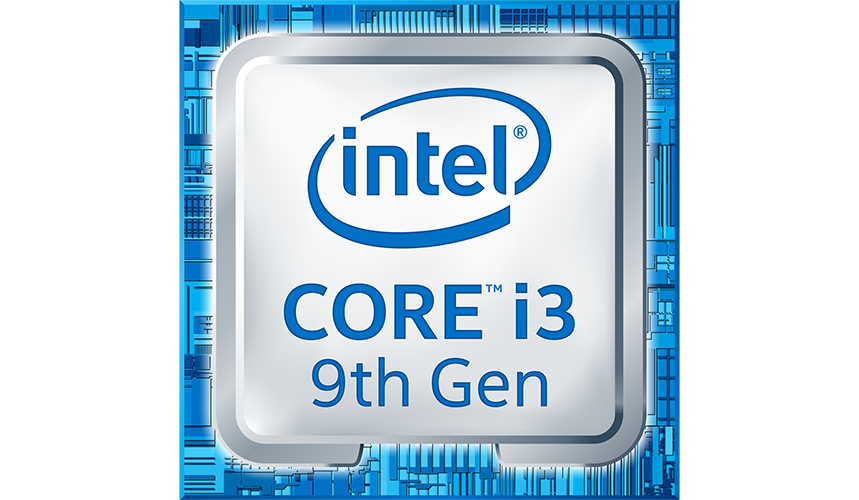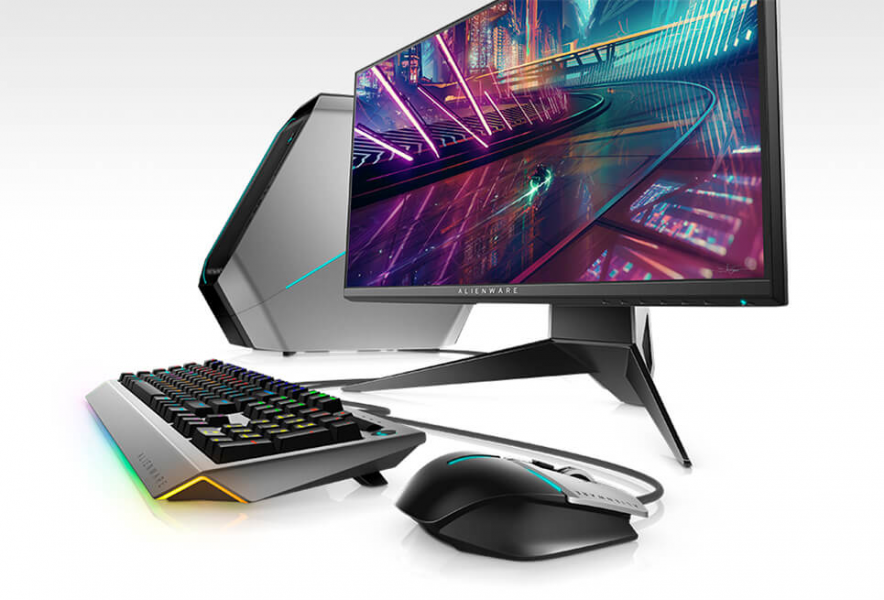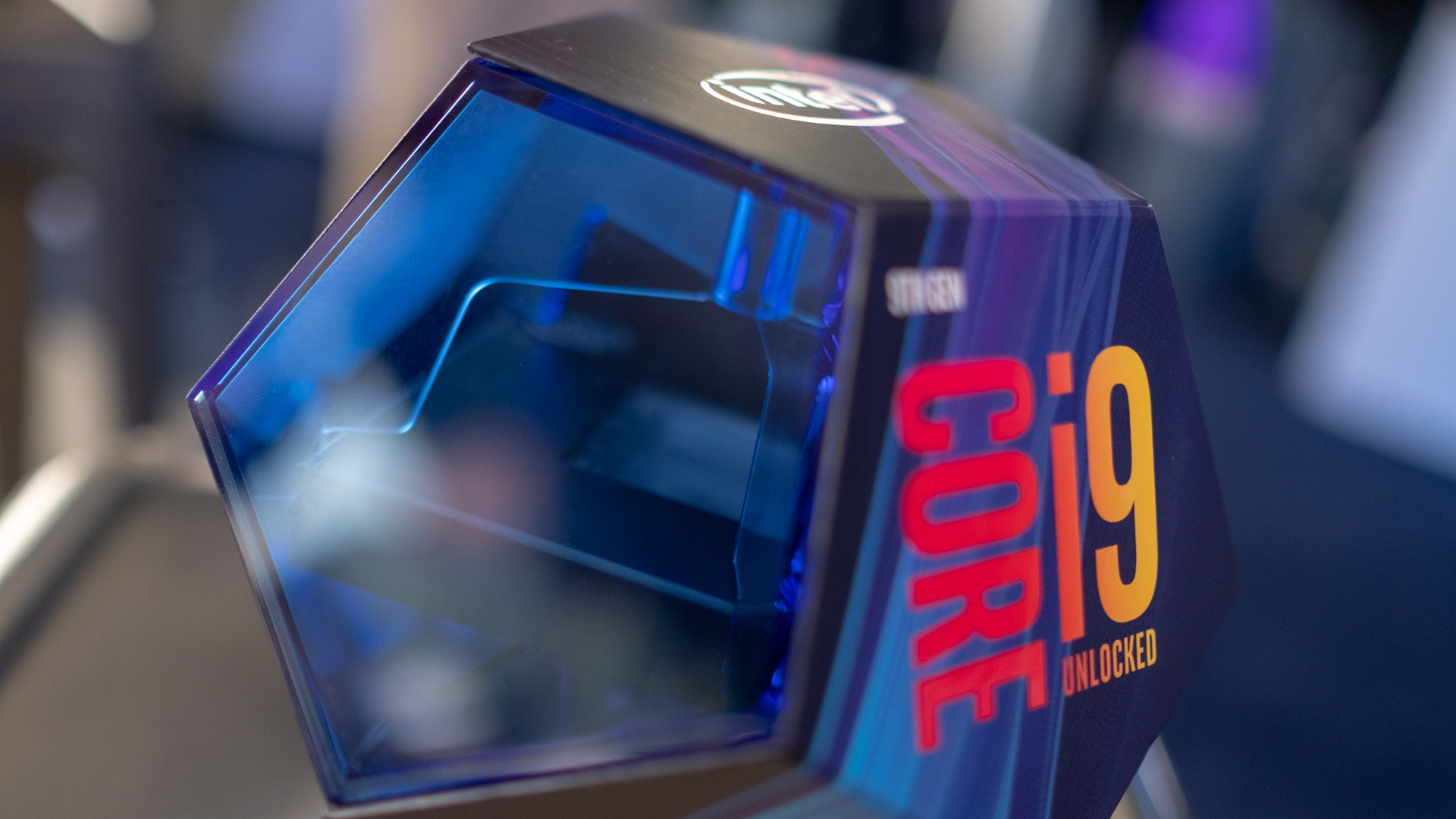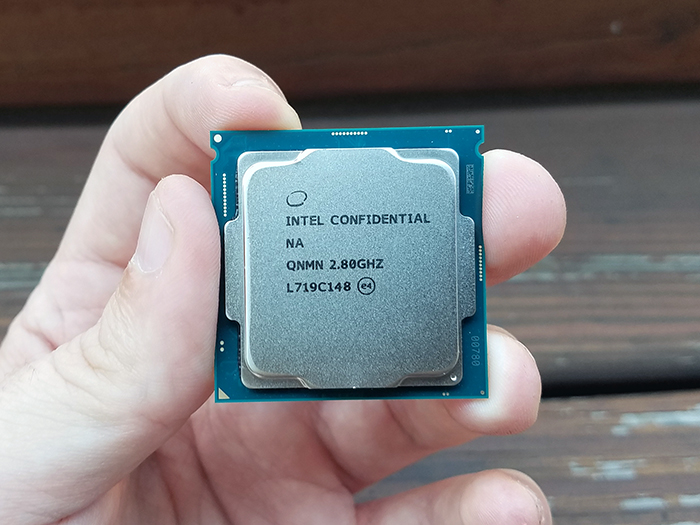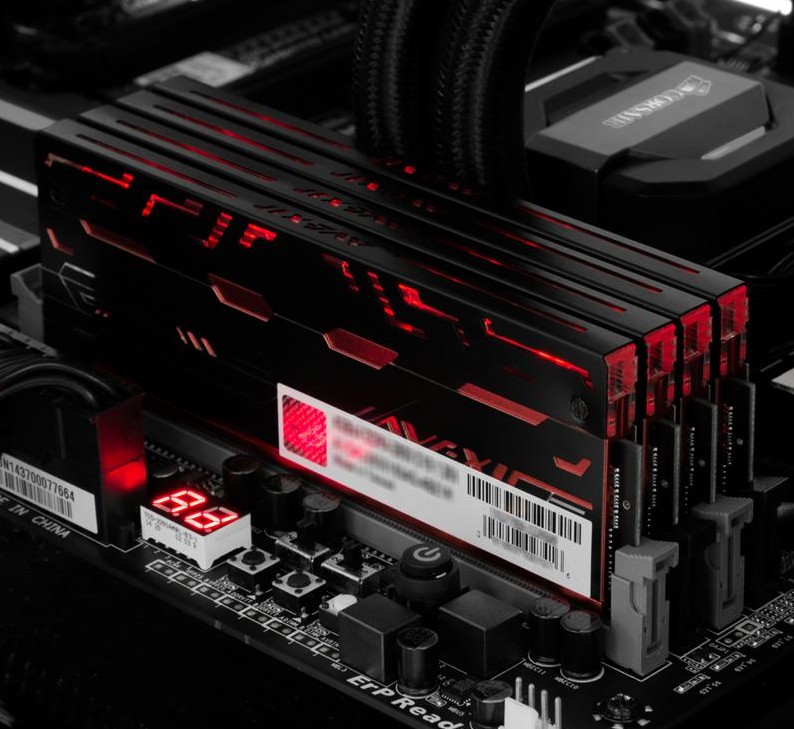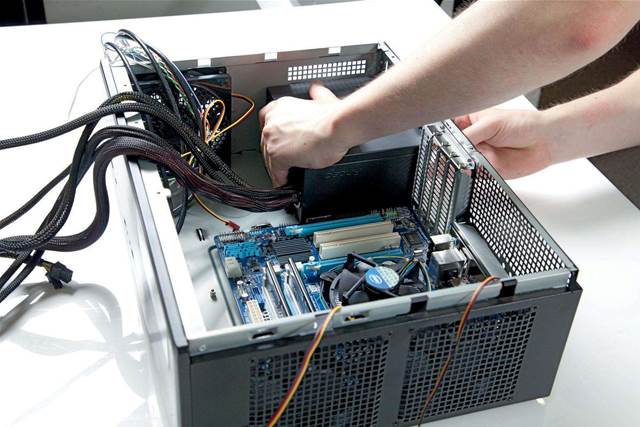
CPU Terms Every Gamer Should Understand
Every PC gamer knows they need a powerful GPU to play the latest games. Some people will even tell you that your CPU does not matter in game playing experience and that you should only spend your money on a good GPU. This is NOT the case. It is imperative to have a good CPU to make your GPU efficient. Think of the CPU as the brain and the GPU as the muscle. The muscle won’t do any good if it cannot receive information from the brain to react appropriately and it is the same case in the computer world.
A slow CPU with a great GPU will often create a situation we refer to as “bottle-necking”. This happens when the CPU cannot feed information fast enough for the GPU to create a smooth performance. The GPU will be able to complete all its tasks and sit idle for a second or two before the CPU can order the next list of tasks for it. This causes frame rate spikes that can make gaming unenjoyable. With that being said, I hope you now understand why a CPU is important for gaming. Now it is important to know what the main terminology for a CPU means in order to select one that fits your needs.
CPU/APU - First, there are two types of main processors. There is the central processing unit and an accelerated processing unit. A computer will not run without a CPU which is basically the brain of the computer. Most of everything used in modern day gaming is a CPU and a GPU combo, but with the latest addition of Ryzen, APUs have become viable again. An APU is essentially a combo of both a GPU and a CPU into one chip at what is often a much lower price. While APUs lose power compared to a specialized CPU or GPU, the fact that it puts all into one can be a great offer if you are looking to only play games on low to medium graphic settings. APUs are a go-to option for budget builders.
Cores - Cores along with frequency are often the biggest selling points for CPUs because they are the most critical. The number of cores signify how many processes can be handled at once. Each core will have one or more threads (which I will discuss after) that feeds commands for it to process. For gaming, each core in the CPU will be tasked to feed commands to the GPU since the CPU itself does not have the ability to render. 5 to 6 years ago games could only really utilize 2 cores at a time, which is where the misconception of “Gaming PCs only need a 2 core CPU”. This is not the case of modern AAA games. They all utilize four cores, so using a two-core system can easily lead to bottlenecking on new games like Battlefield 1 or Call of Duty WWII. I have to recommend anyone looking to build a modern gaming CPU to use at least 4 cores. For intel that would be anything i5-xxxx and above. Most of all AMD use 4 cores, but Ryzen processors are currently the best option AMD processor.
Threads - Threads are the connection line for commands. Each thread can give one command from the PC to the core. If the CPU is hyper-threaded, then the thread can run two commands at a time instead of one. This is how intel Pentium and i3 processors keep up even though they only have two cores. They use two powerful cores with hyperthreading to simulate what four cores would act like. Two hyper-threaded cores can game well, but it is still safer to have four real cores. If you only play old games then the faster two cores may give a better experience, but if you plan on playing any modern games then you might as well get a four-core machine. If you have money to spend then Intel does offer four hyper-threaded core machines.
Frequency - Frequency, represented in Ghz, is essentially the speed at which the CPU operates. The faster the better, but it is not the only important spec for a CPU. Much like GPUs, speed is important, but it is equally important to see how efficiently the processor executes that speed. For instance, it is easy to see AMD offers higher GHz at much less cost, but Intel still can perform better with less Ghz. The straightforward way to define this is Ghz represents the speed at which someone can take a step, but it does not define how long that step is. Intel focuses on longer, more efficient strides whereas AMD makes many smaller steps. Any CPU that is bought for gaming or anything else in this day in age should have a base of 3 Ghz.
L2/L3 Cache - The CPU itself has memory built inside of it called L1-3 cache. It is significantly smaller than RAM attached to the motherboard, but it is also exponentially faster. The cache in a CPU handle small tasks very quickly, so that movements, button clicks, and such move without a hitch. The more memory in this cache means it can handle more tasks as well as more complex tasks without using the RAM. The higher the cache the better the CPU performance.
Socket Type - Sockets are the ports that fit into the motherboard. If you get a different socket on your CPU than on your motherboard then chances are it won’t work. There are many different socket types to go over, too many to count. My best advice is to use a site like “PartPicker” that will let you mix and match parts together. It will tell you if the sockets do not match on the CPU.
Manufacturing Tech – Manufacturing tech is specifically referring to the size of the transistors, which are measured in nanometers. Generally speaking, the smaller the nm’s are the better and more efficient the CPU. 10nm has been the performance standard for 2017 devices with rumors of 7nm being available in 2019. If the nm size is 14nm or below, then it is probably a good CPU.
These are some of the most crucial terms in defining a CPU. If you can look for these stats, then you can probably find yourself a good CPU on the market. There is no best or worst CPU. AMD and Intel have their strengths and weaknesses, so it is important to know what you are expecting your CPU to do. It is always best to use sites like PartPicker to do the challenging work for compatibility issues and know to look at all of the stats on a CPU and not just the one spec in the advertisement. I hope this has helped you in your search for your perfect gaming build.

